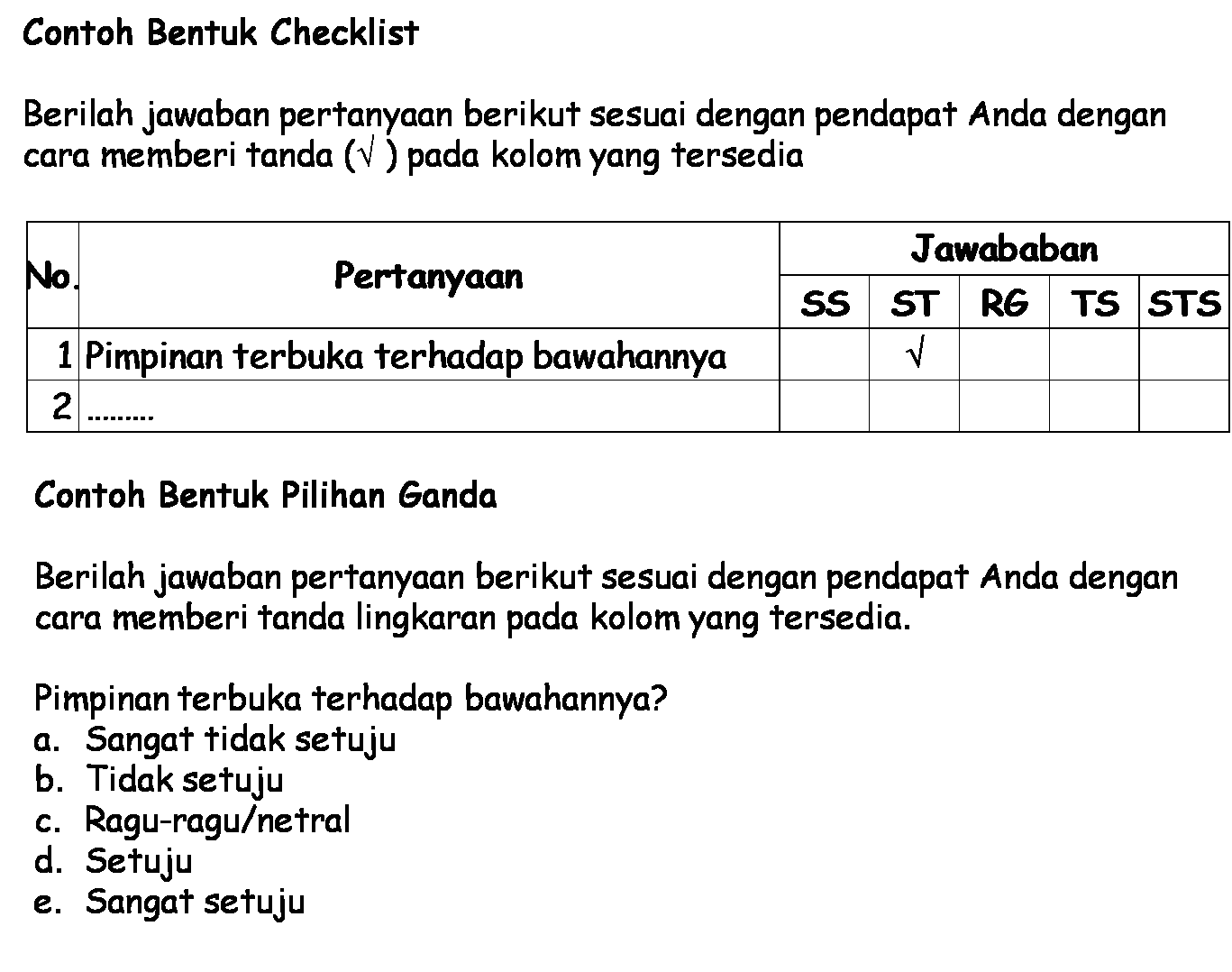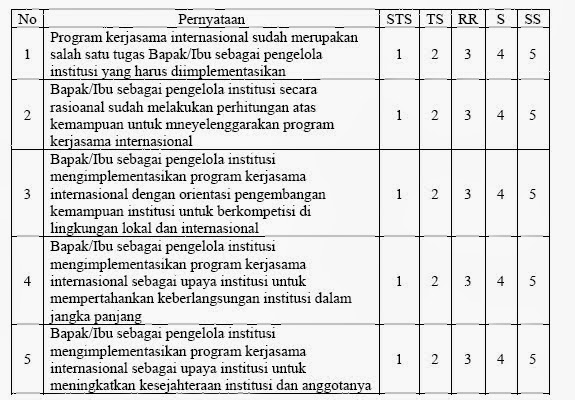Unlocking Insights: Your Guide to Likert Scale Rating Scores
Have you ever been asked to rate your agreement with a statement on a scale from strongly disagree to strongly agree? That, my friend, is the power of the Likert scale in action. This simple yet effective tool is a cornerstone of survey research, helping us understand opinions, attitudes, and perceptions across a wide range of topics. Whether you're a seasoned researcher or just curious about data collection, understanding Likert scale rating scores can open up a world of insights.
But what exactly are these scores, and how can we interpret them? Imagine you're trying to gauge customer satisfaction with a new product. You might ask, "How satisfied are you with the ease of use of our new smartphone?" and provide response options ranging from "Very dissatisfied" to "Very satisfied." Each response option is assigned a numerical value, and the responses collected from all participants form the raw data for analysis.
This is where the magic of Likert scale rating scores comes in. By analyzing these scores, we can move beyond individual responses and identify trends, patterns, and overall sentiment. For instance, a high average score on our smartphone survey might indicate that customers are generally happy with the product's user-friendliness. Conversely, a low score could signal a need for improvement.
Developed by psychologist Rensis Likert in the 1930s, the Likert scale has become a staple in fields like social science, market research, and even healthcare. Its popularity stems from its versatility and ease of use, allowing researchers to quantify subjective experiences and opinions. However, it's important to remember that Likert scales aren't without their limitations. One key challenge lies in ensuring that the response options are truly equidistant, meaning that the perceived difference between "Agree" and "Strongly agree" is the same as the difference between "Neutral" and "Agree."
Despite these considerations, Likert scale rating scores remain an invaluable tool for researchers and anyone looking to gather meaningful insights from data. By understanding how to interpret and analyze these scores, we can unlock a deeper understanding of human behavior, preferences, and perceptions.
Advantages and Disadvantages of Likert Scales
| Advantages | Disadvantages |
|---|---|
| Easy to understand and use | Prone to central tendency bias (respondents leaning towards neutral options) |
| Allows for quantification of subjective data | Limited to ordinal data, meaning we can't assume equal intervals between response options |
| Versatile and adaptable to various research contexts | Susceptible to social desirability bias (respondents answering in a way they perceive as favorable) |
While Likert scales offer numerous advantages, it's crucial to acknowledge their limitations. By understanding both the strengths and weaknesses of this measurement tool, we can make more informed decisions about its use in our research and data collection endeavors.
In conclusion, the Likert scale and its rating scores provide a powerful lens through which to explore the world of opinions and perceptions. By understanding their nuances and applying best practices, we can leverage this versatile tool to gain valuable insights that inform our decisions and shape our understanding of the world around us. So, the next time you encounter a Likert scale, remember that behind those seemingly simple response options lies a wealth of data waiting to be unlocked. Happy analyzing!
Unleash your inner collector exploring the world of date a live cards
Unlocking funding your example of nih biosketch guide
Finding a virtuous wife a blessing from proverbs













